New Paper Explores How People Process Emotions on Antidepressants vs. Psilocybin
New study reveals distinct effects of escitalopram (Lexapro) and psilocybin on brain responses to emotions, highlighting the unique approaches of these treatments in addressing depression.
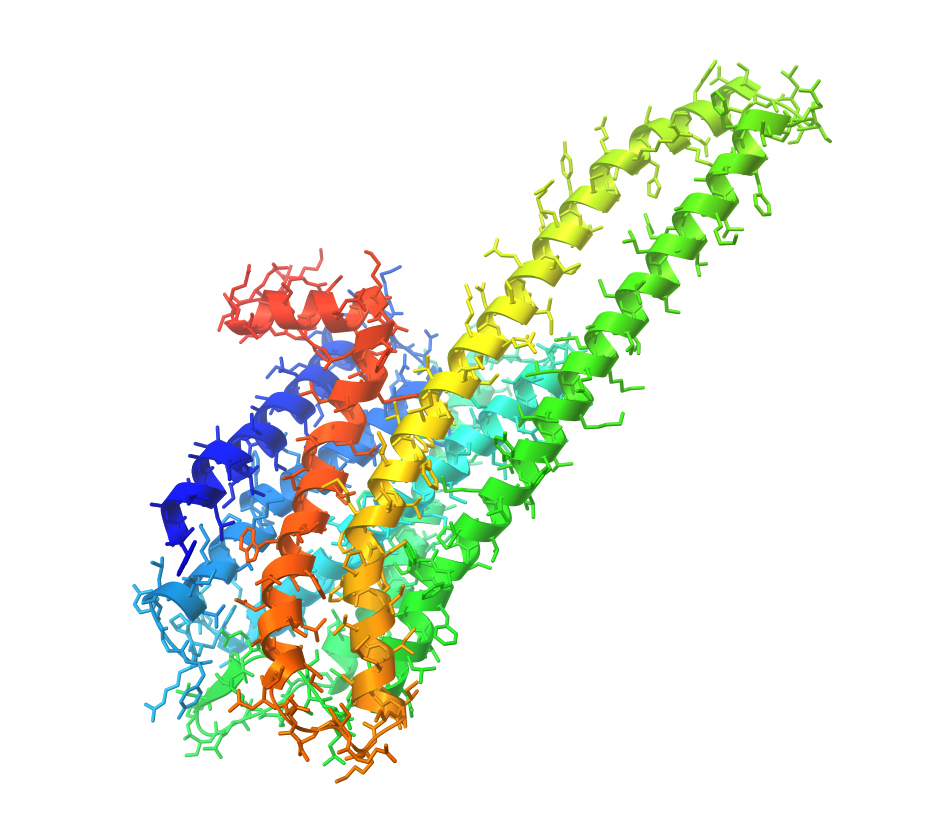
The 5-HT2A receptor is the key player in the mechanism of action of classical psychedelics, such as psilocybin. Source: Wikipedia
Read this fascinating article here.
Here are the salient conclusions, but it’s worth reading the whole article.
In conclusion, the study findings indicate that escitalopram and psilocybin therapy have different effects on our brains and emotions. Escitalopram, being an SSRI, reduces the brain’s responsiveness to emotions. This decrease in responsiveness is believed to be linked to the activation of inhibitory 5-HT1A receptors in the emotional regions of the brain. As a result, individuals taking SSRIs may experience emotional blunting and a loss of sexual function.
In contrast, psilocybin therapy, unlike traditional antidepressants, does not suppress our emotions or make us less sensitive to them. Psilocybin directly activates a different set of serotonin receptors, particularly the 5-HT2A receptor subtype. These receptors are associated with something called neuroplasticity, which refers to the brain’s ability to change and adapt. Psilocybin therapy encourages emotional release and facilitates a reconnection with our feelings. This aspect is considered crucial in how psilocybin therapy works to improve depression symptoms. Previous research has shown that psilocybin therapy enhances the brain’s functional integrity and flexibility, which are important factors for our mental well-being.
New Podcast with Dr. James Fadiman, Father of Microdosing.
From the podcast notes:
Today we bring on Dr. James Fadiman, arguably the person responsible for making microdosing magic mushrooms popular. We talk about the current research, the benefits, safety, dosage, set, setting, history and so much more. Ever wanted to try microdosing? Don’t know where to start? Long time microdoser and want to hear the current research and where we are in the industry? Totally skeptical?
Alex tries to play devils advocate on this episode to try to poke holes into the legitimacy of microdosing and we talk about how to create better double blind placebo controlled human clinical trials in the future. Are you of the sub perceptual microdose camp or the above perceptual microdose camp? We argue both sides and give pros and cons for each.
What’s the best way to store your microdoses? What about extraction? What’s the shelf life before they start to loose their potency? Are the stems more potent than the caps? Besides psilocybin and psilocin, what other compounds are in the mushrooms? What about microdosing other species besides Psilocybe cubensis? What’s the future of microdosing psilocybin? Oh you bet we cover all these juicy questions and more in this episode!
It’s a very informative podcast and I recommend it to everybody who interested in microdosing. I learned something new: don’t put your mushrooms in the freezer!
New Video and Goodies From the Fantastic Fungi People
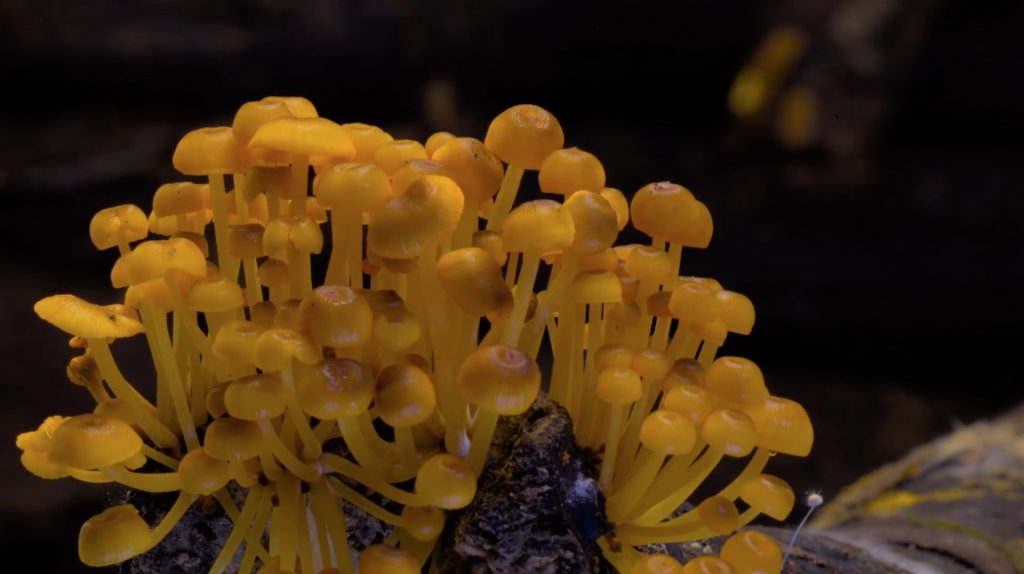
Claudia forwarded this to me with the note, “Pass this on to your people!” Well, here we are.
It all looks pretty interesting. The video has a number of different scenes from “Fantastic Fungi,” and worth a watch.
They are offering all sorts of other stuff. I leave it to you to decided for yourselves. CLICK HERE!
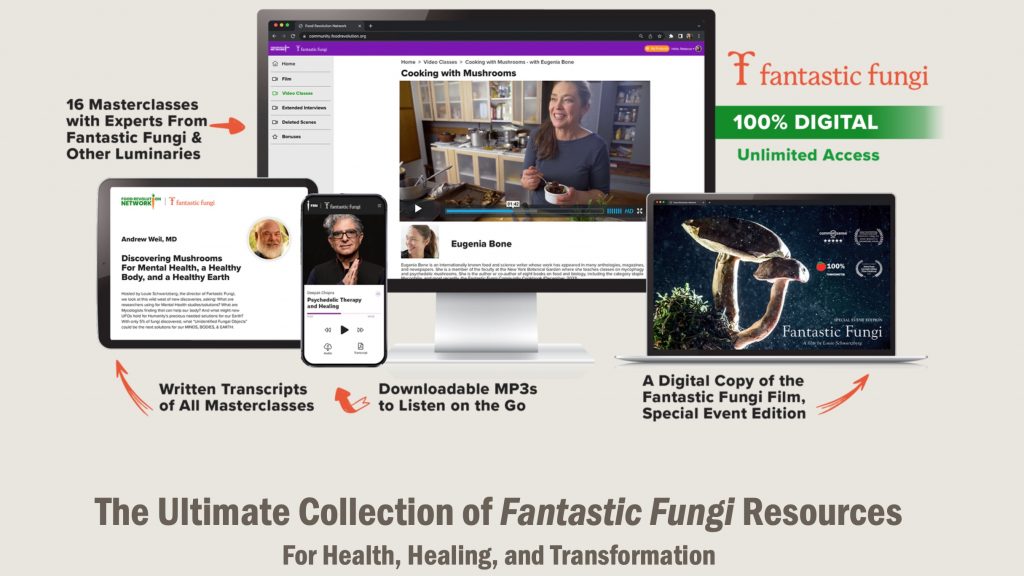
Psilocybin Therapy Changes Brain Wiring in Depressed People, Study Finds
From the Gizmodo Website:
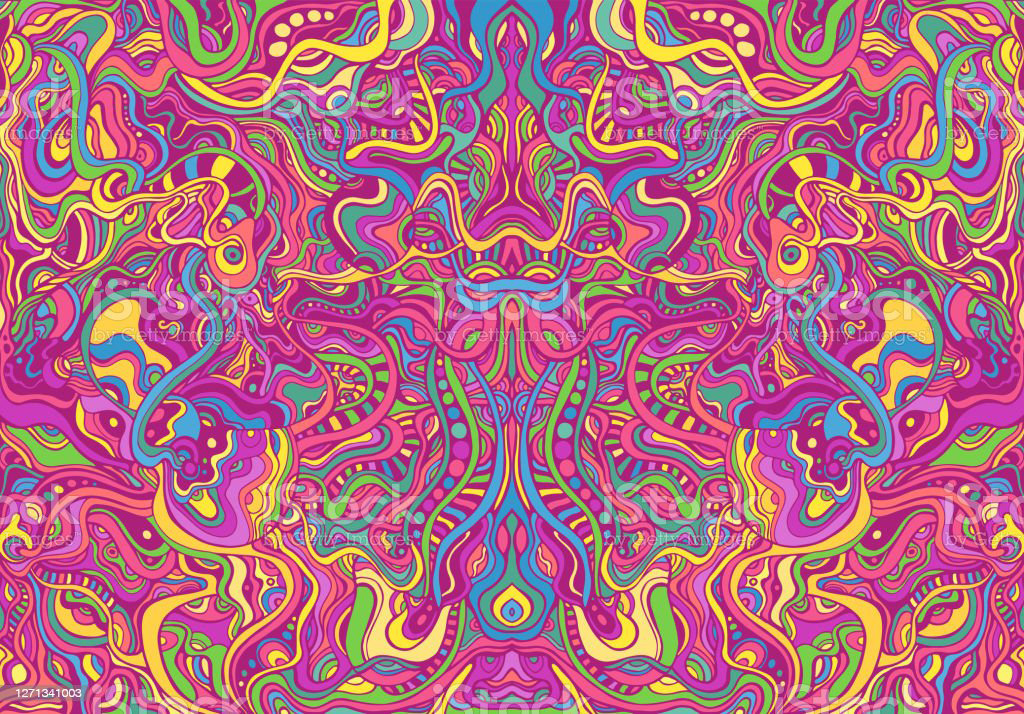
Some researchers have been studying the potential mental health benefits of psychedelic substances like psilocybin since the 1970s. But it’s only in recent years that health authorities and governments have been more permissive of this research, following decades of harsh regulations.
Large-scale research into this field is still fairly new, but health regulators have signaled their willingness to consider these and similar drugs for formal approval. In 2019, a nasal spray formulation of the sometimes club drug ketamine was approved by the Food and Drug Administration. That same year, the FDA granted a breakthrough therapy designation to a non-profit company attempting to develop psilocybin as a depression treatment, which is meant to speed up the review process. States and cities have also begun to decriminalizepsilocybin in general or for medicinal purposes.
Animal and clinical trial results of psilocybin-assisted therapy have been promising for depression and other conditions, including alcohol use disorder. But there’s still much we don’t understand about how these kinds of drugs are helping people with these ailments. This new research, published Monday in Nature Medicine, looks to add some insight.
Walking Through Walls by Philip Smith
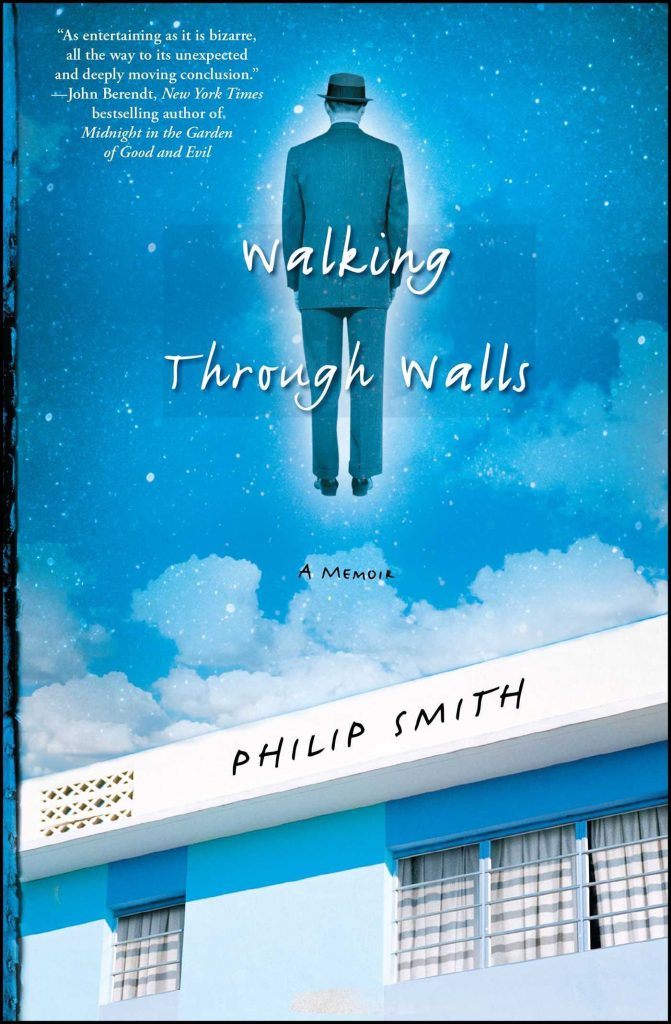
A book I love.
I thought I would inaugurate this new section of the website with a review of one of my favorite books, Walking Through Walls, by Philip Smith.
I will be adding books, music, articles, ephemera here intermittently. Be sure to sign up for the mailing list to get an alert whenever there is a new post. If you want me to add you to the list, simply email me here.